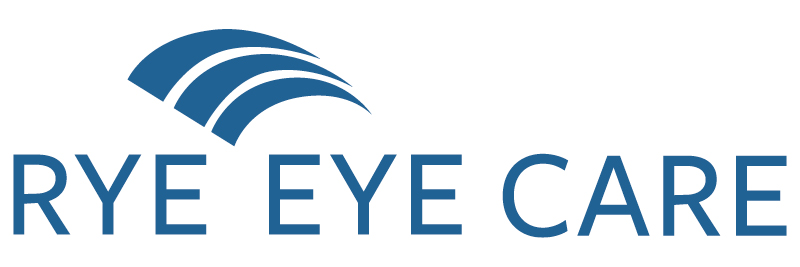Rye Eye Care Tips from our eye clinic on how to keep your eyes healthy with contact lenses
Contact lenses can be a fantastic way to see crisp and clear without bothersome eyeglasses. They give a wider field of view and healthy, comfortable vision – as long as you don’t overuse them!
Nowadays, with so many quality contact lenses on the market that provide exceptional visual clarity and convenience, it’s easy to abuse their use. However, this practice poses serious risks to your eyes. To avoid damaging your vision, our eye clinic shares the following information about avoiding the overuse of contact lenses.
Many eye diseases can be quickly and easily diagnosed during a Comprehensive eye exam, Pediatric eye exam and Contact lens eye exam. If you were diagnosed with an eye disease, such as Cataracts, Glaucoma, Macular degeneration, Diabetic retinopathy, or Dry eye, you may be overwhelmed by the diagnosis and confused about what happens next. Will you need medications or surgery – now or in the future? Is LASIK eye and vision surgery an option for you ? Our Rye eye doctor is always ready to answer your questions about eye disease and Contact lenses.
How much use is overuse?
You should be removing your contact lenses for a minimum of 18 awake hours per week, giving your eyes time to rest and get sufficient oxygen. Your eyes need to absorb oxygen from the air (not from your lungs, like other organs), so allowing your eyes time to breathe without contact lenses in the way is essential.
Don’t leave home without eyeglasses
If you insert your contacts in the morning and will be out into the wee hours of the night, pack along a pair of glasses to switch to later in the day. This will help prevent eye strain and, ocular irritation.
Don’t sleep in contact lenses
Keeping your contacts in while dozing will damage your eyes, depriving them of oxygen and hydration. Without enough moisture, your contact lenses can dry out and lead to problems, such as corneal scratches.
Replace your contact lenses on time
Because modern contact lenses are made from advanced materials, they offer supreme comfort. That’s why so many people end up wearing them longer than prescribed – until they become uncomfortable. However, this is a risky practice that can lead to vision damage. When used for too long, contacts can develop tiny tears and accumulate calcium or protein deposits that can seriously irritate or injure your eyes. When you buy contacts from our eye clinic, we’ll provide you with instructions on how long each pair lasts and when to replace them.
What happens from the overuse of contacts?
There are three main problems that can result:
- Giant Papillary Conjunctivitis (GPC): wearing your contact lenses for too long without changing them can lead to deposits in the lenses that cause Papillae (large granules that rub against the cornea) to form under the eyelids. As a result, you can experience itching, red eyes, light sensitivity, and the constant feeling that something is stuck in your eye.
- Corneal ulcer: this is a serious infection that occurs on the outer layer of the eye and can damage vision. Wearing contact lenses while swimming can allow dangerous microbes to enter your eye. When these microbes stick to contacts, it increases your risk of corneal ulcers. Symptoms include redness, blurred vision, eye pain, and watering. Corneal ulcers require prompt medical treatment to prevent irreversible vision loss.
- CLARE – Contact Lens Associated Red Eye: this sudden redness in your eye is typically caused by wearing contact lenses during bedtime. Insufficient oxygen to your cornea (because of tight-fitting contacts) is the culprit. It is a relatively mild problem, but you’ll need an eye exam at our eye clinic to determine whether you’re suffering from CLARE or an infection.
When you visit our eye clinic for a contact lens eye exam or fitting, we’ll be happy to provide you with instructions on the proper way to use your contacts – and not overuse them!
FOLLOW US
